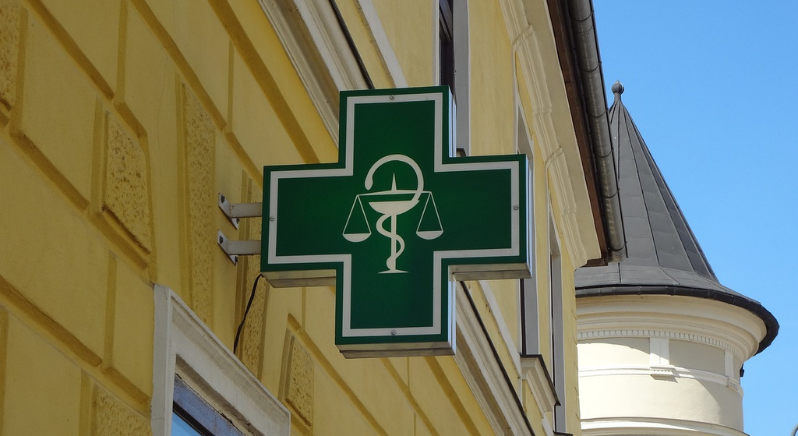Halloween in France may be quieter than in the U.S., but it’s growing in popularity. From costume parties to haunted attractions, discover how the French celebrate this fun and spooky holiday.
The origin of Halloween in France
Halloween in France doesn’t have deep historical roots. The modern French Halloween craze started in the 1990s when American companies with a presence in France, such as McDonald’s, began to popularize the holiday. Over the years, it has gained acceptance, particularly among children and young adults.
What to expect if you celebrate Halloween in France
In France, Halloween is much quieter than other events, such as Christmas, and is mainly focused on the younger generation. Halloween celebrations in France can be quite different from what you may experience in the United States where Halloween is a massive event.
Unlike in the United States where trick-or-treating is a major activity, in France, this tradition is mostly confined to neighborhoods in larger cities. It’s far less common to see kids going door-to-door in smaller towns or rural areas. Additionally, don’t expect to see houses decked out in extravagant Halloween decorations. While some homes and businesses may feature pumpkins or spooky décor, it’s usually very simple and basic.

How do French people celebrate Halloween?
In larger cities, Halloween is becoming more mainstream, with a growing number of themed events and parties. In smaller towns, you might not see much Halloween activity.
One of the most popular ways for French people to celebrate Halloween, especially young adults, is through costume parties. Adults often take this as an opportunity to dress up as their favorite spooky characters and attend Halloween-themed parties at clubs, bars, or in private with friends at home.
Some cities may host Halloween parades, but this is not a common practice in France, and municipalities are not often involved in this event. More likely, private establishments such as amusement parks or museums will offer specific events to celebrate Halloween.
Where to experience and celebrate Halloween in France?
The two most prominent amusement parks celebrating Halloween in France are:
- Disneyland Paris: Disneyland Paris transforms into a Halloween wonderland every year, complete with Halloween-themed parades, spooky character meet-and-greets, and haunted attractions. It’s a family-friendly celebration where visitors can enjoy the eerie atmosphere while soaking in Disney magic.
- Parc Astérix: Known for its historical Gallic theme, Parc Astérix goes all out for Halloween. The park offers a range of haunted houses, horror zones, and themed shows that cater to thrill-seekers.

How do French people like to dress for Halloween?
French people usually prefer traditional, very scary or bloody costumes.
Popular choices range from witches, vampires, and ghosts to zombies and more. While in the United States, some people dress as movie or TV characters, in France, the focus is more on horror or gothic aesthetics. The French tend to prefer darker, more eerie themes when choosing Halloween outfits.
Learn more about Halloween and La Toussaint in France
It’s important to mention that Halloween in France is closely followed by La Toussaint (All Saints’ Day), a public holiday on November 1. This religious holiday is dedicated to remembering the deceased, and many families visit cemeteries to lay flowers on the graves of loved ones.
This holiday is more deeply rooted in French culture than Halloween, which is probably one of the reasons why Halloween has not really gained widespread popularity in France. Many French people do not celebrate Halloween but do observe La Toussaint. Nevertheless, both holidays coexist, allowing people to enjoy the fun of Halloween while honoring the traditions of All Saints’ Day.
Read more about La Toussaint (All Saints’ Day) in France here: https://gogofrance.com/en/blog/how-to-celebrate-all-saints-day-in-france/




